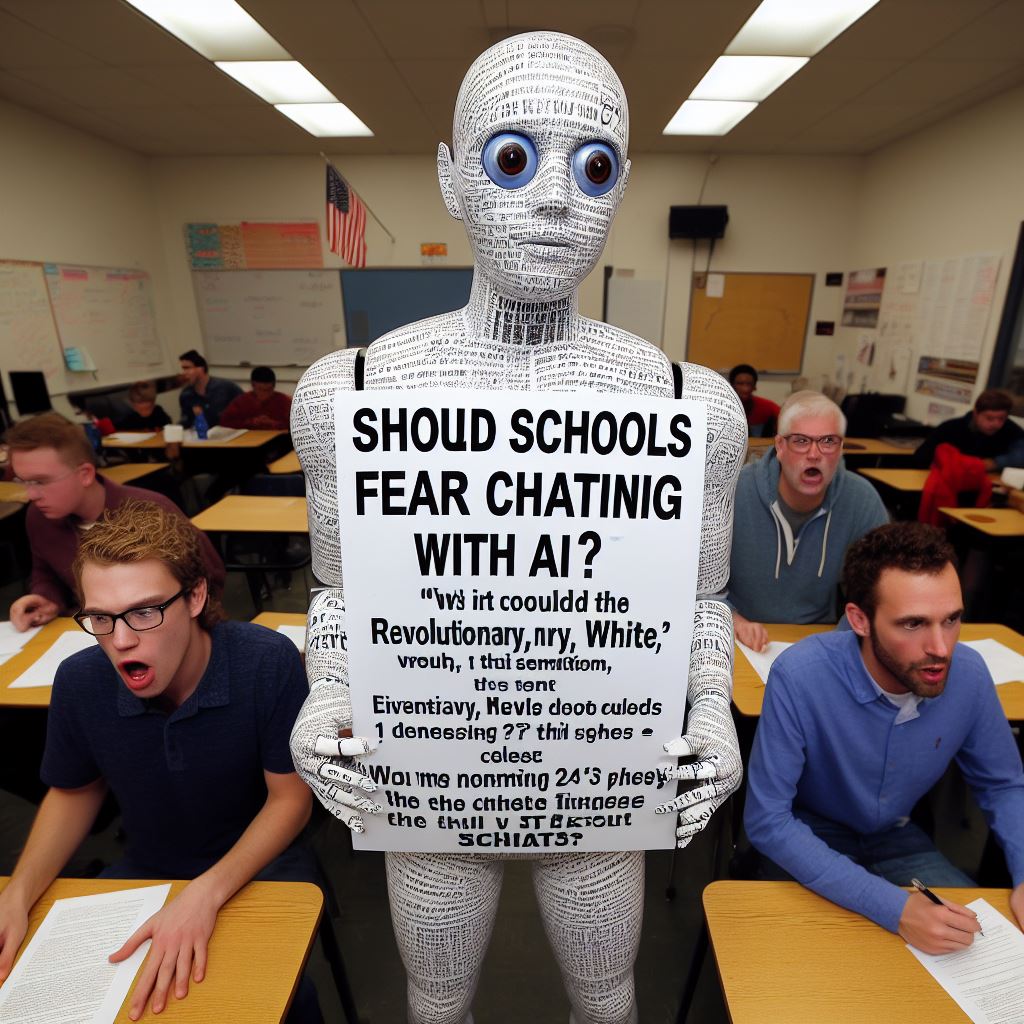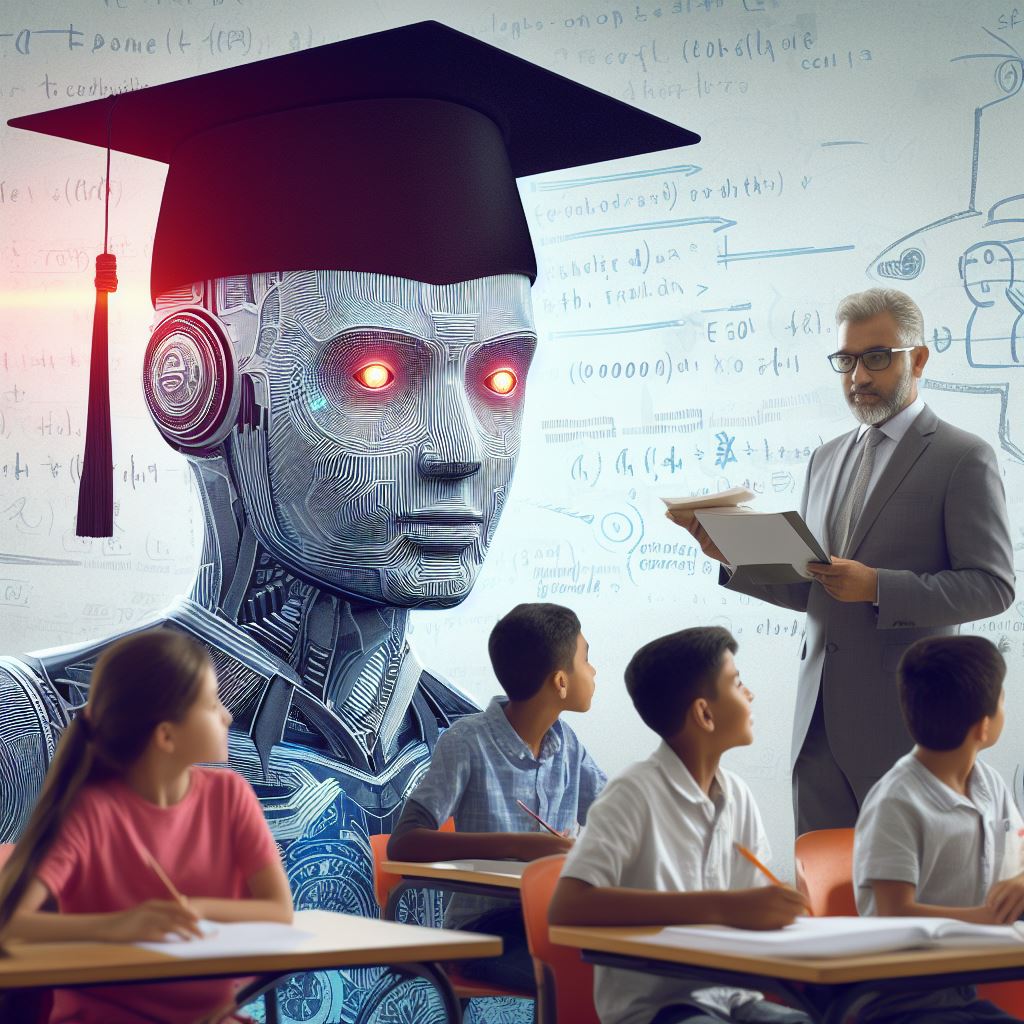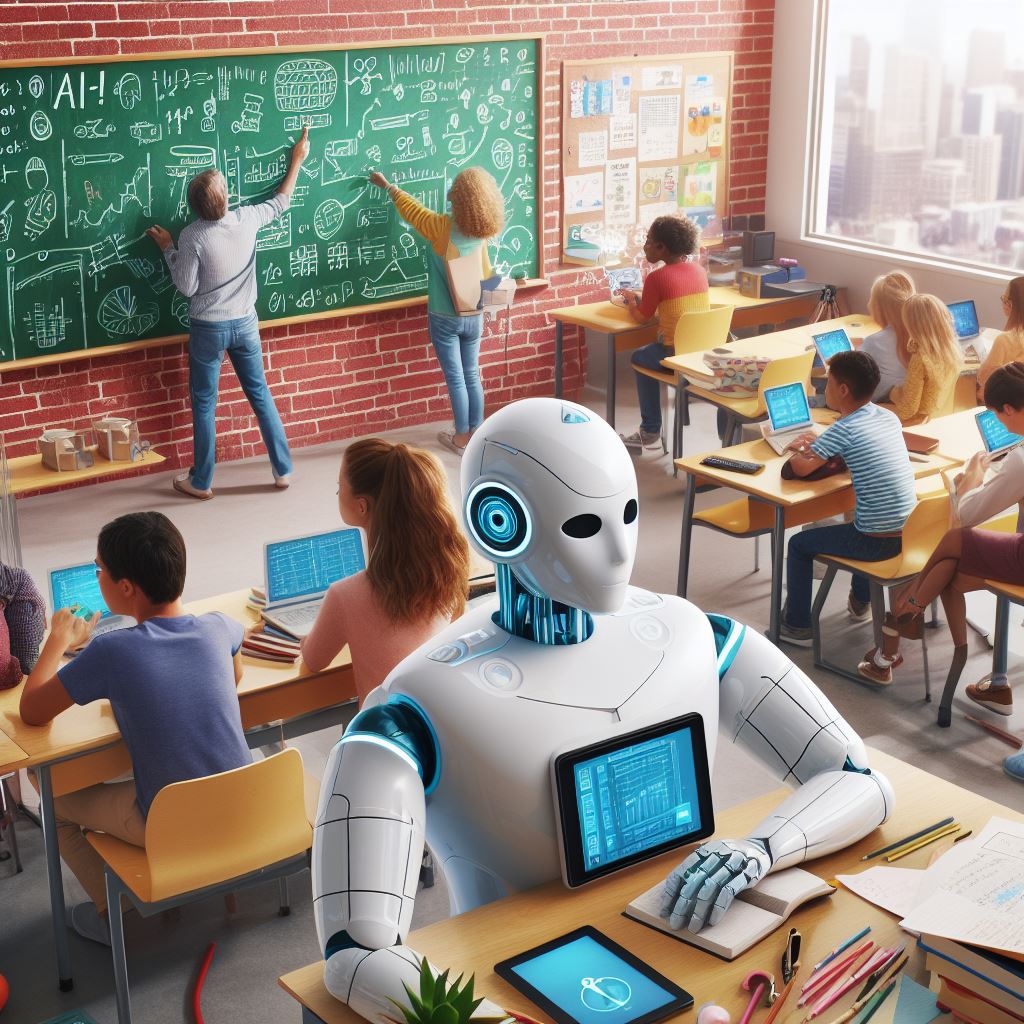In today’s rapidly evolving educational landscape, the integration of artificial intelligence (AI) has emerged as a game-changing force, reshaping how teachers, students, and school districts approach learning. As AI gains momentum, the traditional fears of cheating and academic integrity are giving way to a wave of enthusiasm for the transformative power of this technology. This article explores the role of AI in education and how it is revolutionizing the way we teach, learn, and think.
AI in the Classroom: A Teacher’s Perspective

One educator leading the way in this AI revolution is John Weisenfeld, a science teacher at Pasco High School. Rather than relying solely on textbooks, Weisenfeld harnesses the power of AI, including platforms like Perplexity AI and various chatbots, to provide students with immediate, accurate, and detailed information. This approach allows him to capitalize on students’ curiosity and engage them in a dynamic learning process.
For Weisenfeld, AI is more than just a tool—it’s a catalyst for enhancing teacher efficiency and student engagement. His experiences have demonstrated that AI can help students dive deeper into complex subjects, fostering a greater understanding of key concepts. By incorporating AI into his teaching, Weisenfeld has witnessed a significant improvement in academic language and student engagement.
AI: A Tool, Not a Crutch

The rise of generative AI websites, like ChatGPT and DeepAI, has sparked discussions about the role of AI in education. While initial concerns centered around potential cheating, school districts across the nation, from Walla Walla to New York, are now embracing AI as a “game-changing technology.” John Weisenfeld firmly believes in the potential of AI to revolutionize education, from planning lessons to grading assignments.
Weisenfeld’s approach goes beyond simple responses; he encourages students to use chatbots to ask in-depth questions, leading to complex discussions and detailed explanations. For instance, students in his nanotechnology class were tasked with explaining why geckos can walk upside down. The resulting essays, enriched through AI chatbot feedback, exemplify the depth and quality of engagement that AI can foster.
Educating Digital Citizens

While many school districts, including Pasco, Richland, and Kennewick, have yet to draft specific policies on AI use in classrooms, there is a growing recognition that AI can be instrumental in teaching students how to be responsible “digital citizens.” Mira Gobel, Pasco’s assistant superintendent of schools, emphasizes the importance of preparing students for the digital age. AI’s role extends beyond academics and includes fostering digital literacy and ethical online behavior.
AI: A Thought Partner for Teachers
In Richland, teachers like Collin Gibbs at Hanford High School view AI as a thought partner rather than a crutch. Gibbs uses AI tools, including ChatGPT, for lesson planning, organization, and instructional design. By sharing his experiences and results with fellow instructors, he exemplifies the collaborative nature of AI’s role in education.
The Cheating Debate: AI as a Game-Changer
A recent national survey revealed an interesting paradox: while nearly half of students expressed a willingness to use AI for schoolwork, around 60% considered it a form of cheating. The debate surrounding AI in education mirrors past concerns about calculators in classrooms. Teachers are wary of cheating, but pioneers like John Weisenfeld see AI as an opportunity to turn the tables and encourage responsible use.
In conclusion, the integration of AI in education represents a revolutionary shift in the way we teach and learn. As AI technology continues to evolve, it promises to enhance the educational experience, empower teachers, and cultivate a generation of digital-savvy learners. The fears of cheating are gradually fading as educators and school districts recognize the potential of AI as a transformative force in education.